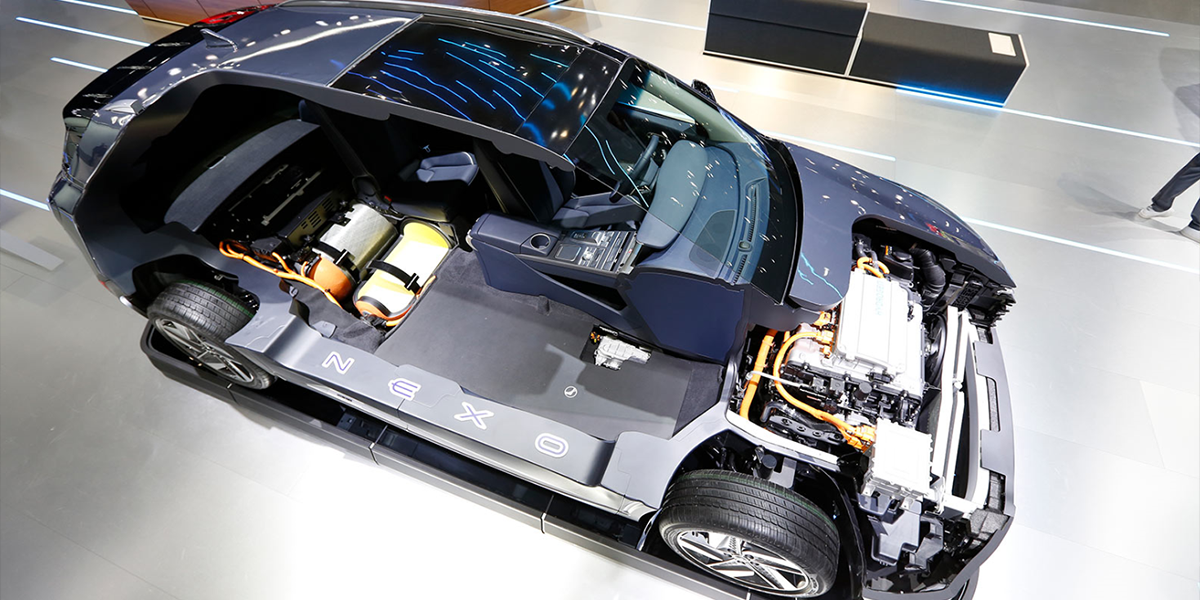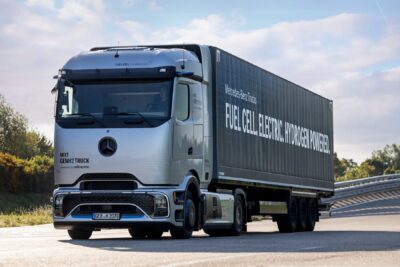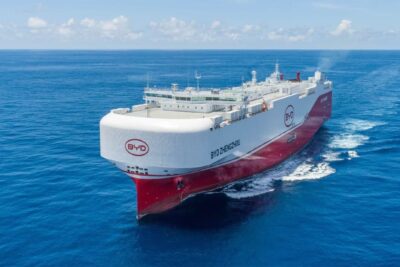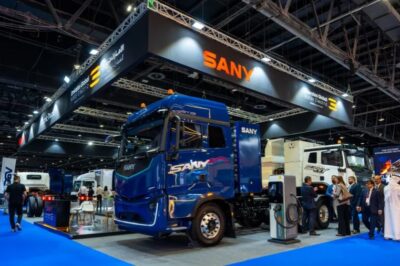Hyundai goes full steam ahead on fuel cell systems
The Hyundai Motor Group has presented the roadmap for its “FCEV Vision 2030”. And the roadmap is ambitious: Hyundai and Kia plan to increase their annual production capacity for fuel cell systems from what is currently 3,000 units, up to a whopping 700,000 units by 2030.
500,000 of these are planned for use in passenger cars and commercial vehicles, the remaining 200,000 for other applications. Hyundai Motor Group (Hyundai and Kia), have joint up with their suppliers to invest around 7.6 trillion won (around 6.9 billion euros) in research & development.
This comes with an expansion of the corresponding production capacities which is expected to create around 51,000 jobs by 2030. “We are confident that hydrogen energy will become a global economic success,” Hyundai Vice President Euisun Chung said in a statement.
The South Korean company sees business opportunities as a supplier of fuel-cell systems to other manufacturers of automobiles, drones, vessels, rolling stocks and forklifts. Moreover, they want to profit from corresponding opportunities beyond transport markets such as fuel cell technology in power generation and storage systems, a market that is expected to emerge quickly.
Hyundai has the support of the South Korean leadership in this mammoth task. The government has formulated the goal of putting an additional 4,000 fuel cell electric vehicles on the road next year – that would be five times as many as the current number. A total of 310 hydrogen filling stations are to be installed across the country by 2022. Hyundai also wants to distinguish itself outside South Korea as a pioneer in fuel cell technology. The company is keen to bring its fuel cell electric vehicles to China.
Parallel to the announcement of its FCEV offensive, the carmaker has now also started the construction of its second factory for fuel cell systems in Chungju, South Korea. Here the output of fuel cell systems should be increased to 40,000 units per year by 2022.
Hyundai is currently testing its fuel cell sports car Nexo, which is expected to have a range of just under 600 km. Aurora, the AI specialist, will be involved in the trials to work on the autonomous driving functions of this model.





1 Comment